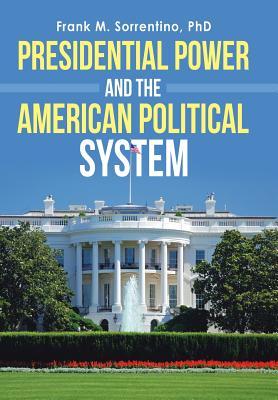The most significant and dynamic struggles for power in the United States of America occur between presidents and the federal bureaucracies, and these struggles often overshadow those between Congress and the courts. The Federal Bureau of Investigation, along with other agencies such as the Central Intelligence Agency, the National Security Agency, and the Department of Defense, all wield significant political power.
In Presidential Power and the American Political System, author Frank M. Sorrentino analyzes the president's ability to influence and prevail over these powerful bureaus. He eloquently evaluates how effective presidents have been in this regard, since these agencies have great expertise and control over crucial national and international security information. In addition, presidents must effectively navigate the unique American political system that includes separation of powers, federalism, and decentralized and undisciplined political parties, all of which serve to dilute executive power.
Using the case study of the FBI, Sorrentino shows how bureaus can inject their interests and political values into their work and goals. Presidential Power and the American Political System demonstrates the power of the FBI in particular to be a bureau that pursues its own interests and can have a significant impact on limiting presidential power and other actors in the wider American political system.
